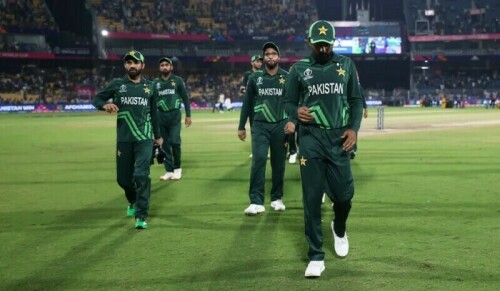TOKYO: Concern about the spreading coronavirus outbreak in China and its impact on this year’s Tokyo Olympics reached Japanese Prime Minister Shinzo Abe on Monday.
Abe was asked about the virus by an opposition lawmaker but he brushed aside worries.
“We will respond appropriately,” Abe told a parliamentary committee, speaking in Japanese, “while closely cooperating with the World Health Organisation (WHO) and other international organisations so that we can proceed with the preparations without letting it affect the Tokyo Olympics and Paralympics.”
Olympics Minister Seiko Hashimoto said organisers are not considering cancelling the Olympics, which start on July 24.
Japan’s sports and Olympic officials will hold a meeting later this week to discuss the outbreak and Tokyo’s efforts to prevent a further spread, Hashimoto said.
The death toll from the coronavirus epidemic in neighbouring China rose to 361 on Monday and a growing number of countries are reporting cases. Japan has 20 confirmed cases, 17 of which were people who had been to China or are Chinese.
Japanese officials are scrambling to control the virus, warning citizens against non-essential travel to China and refusing entry to foreigners who have recently visited Hubei province, the epicentre of the outbreak. No deaths have been reported in Japan so far.
The government chartered three flights to repatriate 565 Japanese nationals from Wuhan, the central Chinese city hardest hit by the virus.
The health scare has led to the cancellation of Olympic qualifying events in China including boxing and badminton.
Tokyo organisers and the International Olympic Committee have said there are no plans to cancel or postpone the Olympics. Tokyo Governor Yurkio Koike has urged vigilance said there will be regrets if there isn’t a maximum effort made.
The modern Olympics, dating from 1896, have been called off during wartime and faced boycotts in 1980 and 1984. They have evolved in the last few decades into a multi-billion dollar event with massive investments from television and sponsors. About 11,000 athletes will attend the Olympics.
Published in Dawn, February 4th, 2020
















































